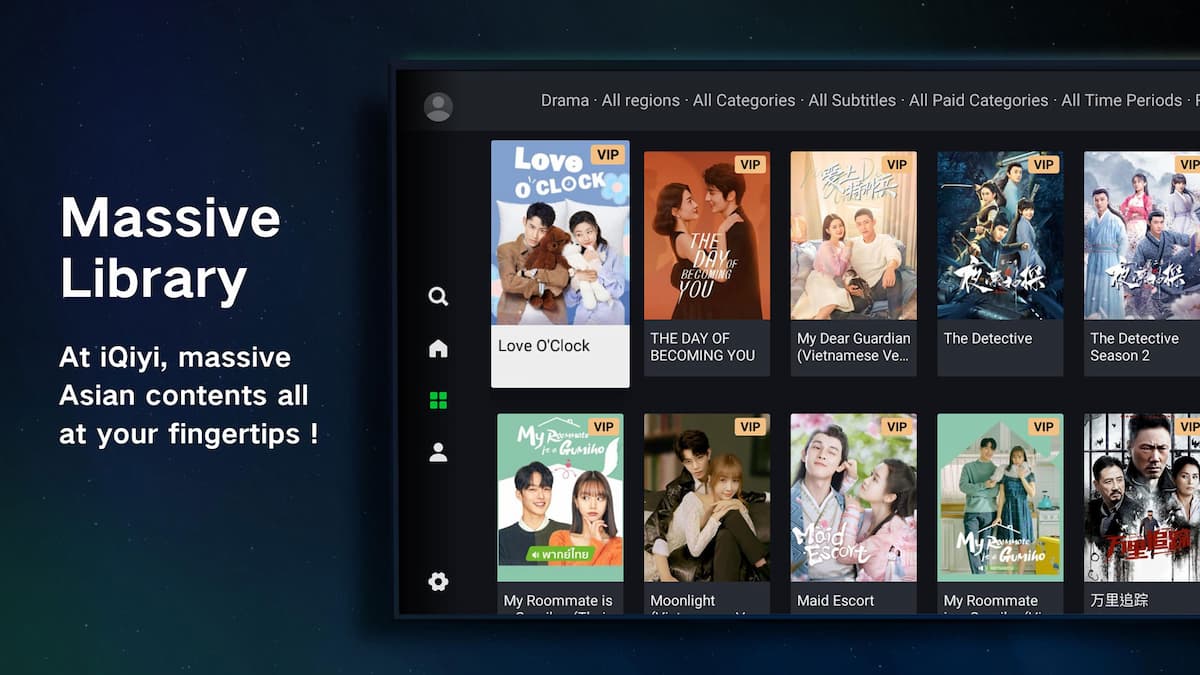LayarHijau.com – Netflix Korea is making waves with a new policy that sets a salary cap of ₩400 million (approximately $295,000 USD) per episode for lead actors in its original Korean dramas. The move, revealed by industry insiders on June 8 and reported by Korean media the following day, is part of the platform’s efforts to curb runaway production costs and revitalize drama output.
While the cap still exceeds traditional broadcast standards, it marks a shift in Netflix’s approach to Korean content. According to sources, the streaming giant is actively working to reduce overall production budgets—including talent fees—bringing actor contracts below previous market rates.
Skyrocketing Budgets Behind the Scenes
Before the rise of over-the-top (OTT) platforms, producing one episode of a Korean drama typically cost between ₩300 to ₩400 million. But with Netflix’s entry into the Korean market and growing global demand, per-episode budgets have soared to over ₩2 billion (about $1.48 million USD)—largely due to sky-high fees commanded by top-tier stars.
This financial strain has contributed to a notable decline in domestic drama production. Annual output dropped from 141 series in 2022 to 123 in 2023, and just 100 in 2024. Industry forecasts suggest that number may dip to around 80 dramas in 2025.
Industry Voices Call for Change—and the Public Agrees
Many insiders argue that the overreliance on A-list actors has pushed costs to unsustainable levels. One official noted that OTT-driven productions have “gone far beyond reasonable limits” due to inflated talent fees.
The public appears to support Netflix’s move. Korean netizens have largely responded positively, urging the industry to discover new faces and improve working conditions for behind-the-scenes staff. Comments online include:
“It’s about time we look beyond established stars and invest in fresh talent.”
“Actors matter, but dramas are a team effort. Cut the lead salaries and pay the crew more.”
Netflix’s salary cap signals a critical recalibration of the K-drama ecosystem. As OTT platforms continue to reshape global entertainment, smarter budgeting may be essential not just for profits—but for the long-term health of Korea’s creative engine.
Sources: Sohu, KBI Zoom















